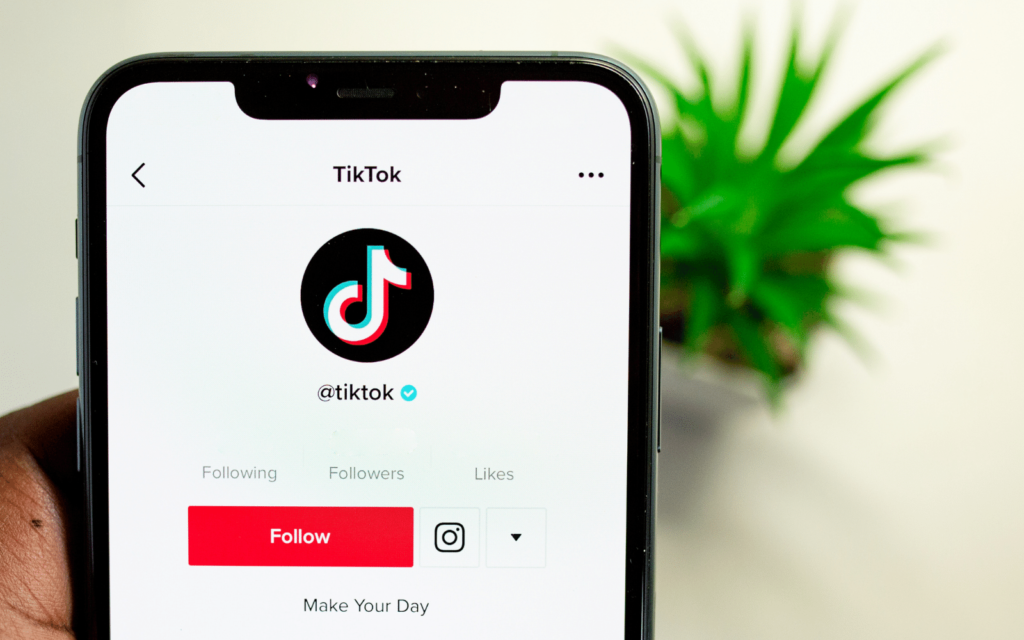For the past fifteen years, the social media revolution has been led by Silicon Valley. Facebook and Twitter (following on from MySpace et al) came to define this new form of content sharing – using targeted advertising based on personal information to become a $1-trillion company and make CEO Mark Zuckerberg and his lieutenants the most powerful (and some of the richest) people in the industry.
After controversially acquiring Instagram and WhatsApp, Facebook then broke most of its privacy promises and began assimilating these diverse caches of data into one giant database that it has admitted (internally) that it has no idea who has access to what nor how to unscramble that egg.
By 2016, when Cambridge Analytica manipulated people’s Facebook news feed to swing the UK’s Brexit vote and help install the morally bankrupt Donald Trump as US President, Facebook’s crown had slipped. Its business model – like that of Google’s – was rightly labelled “surveillance capitalism” by academic Shoshana Zuboff, who called it “an assault on human autonomy”.
Zuckerberg and his equally toxic chief operating officer, Sheryl Sandberg, who recently resigned, have spent years deflecting blame and responsibility for how they have wrecked personal freedom and undermined democracy.
But there are two unrelated trends that seem to be unfolding that will arguably neuter Facebook’s power – and no, I won’t soften the blow by calling it by its new holding company’s name, Meta.
The first is the shift in the popularity of social media platforms from US operations to China, where TikTok owner ByteDance is based. Last year TikTok surpassed everyone (including Google) to be the most popular website, according to Cloudflare, which tracks internet usage. Just a year earlier, in 2020, TikTok ranked eighth and Google number one, it reported. But by February 2021 TikTok was in the ascendency and hasn’t moved since last August.
Despite numerous failed efforts, Google has never been a player in social media – but it should be worried that people no longer search in a search engine but in whatever app they are in. TikTok has also rapidly become a key place for finding news – not least because of the Russian invasion of Ukraine, which is where ordinary people have documented this unspeakable travesty first-hand.
The second is that Facebook – as it has done with all other competitors from Twitter to Snapchat – has tried to clone TikTok, but without much success.
It’s deeply ironic that the US and Western governments are suddenly voicing deep concerns about the potential for China to hold so much personal data – and conceivably use it for nefarious purposes. Google and Facebook are at the top of a nasty web of US and Western companies (including Cambridge Analytica) that have had unfettered access to all of the same data and produced two democracy-destroying votes in Brexit and Trump’s presidential campaign. Russian operatives had free reign over Facebook’s users in manipulating Trump to beat Hilary Clinton in 2016, while the Zuckerberg called it a “pretty crazy idea” they might have manipulated democracy.
Not that we shouldn’t be concerned that a non-democratic regime with a terrible history of surveillance and even worse human rights record. But it isn’t like the last remaining superpower and all of its democratic checks and balances have done any better, has it? Suddenly the choice is between surveillance capitalism and a surveillance regime. Neither is in the best interest of the average consumer.
